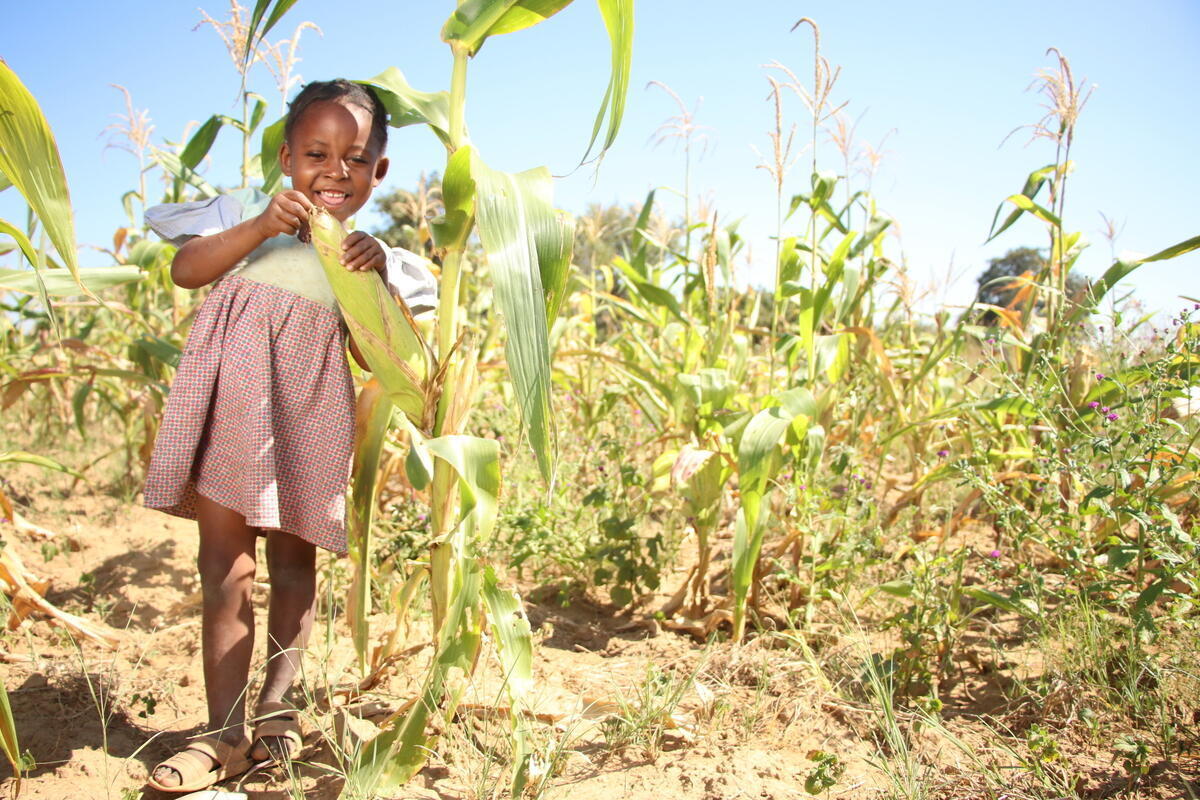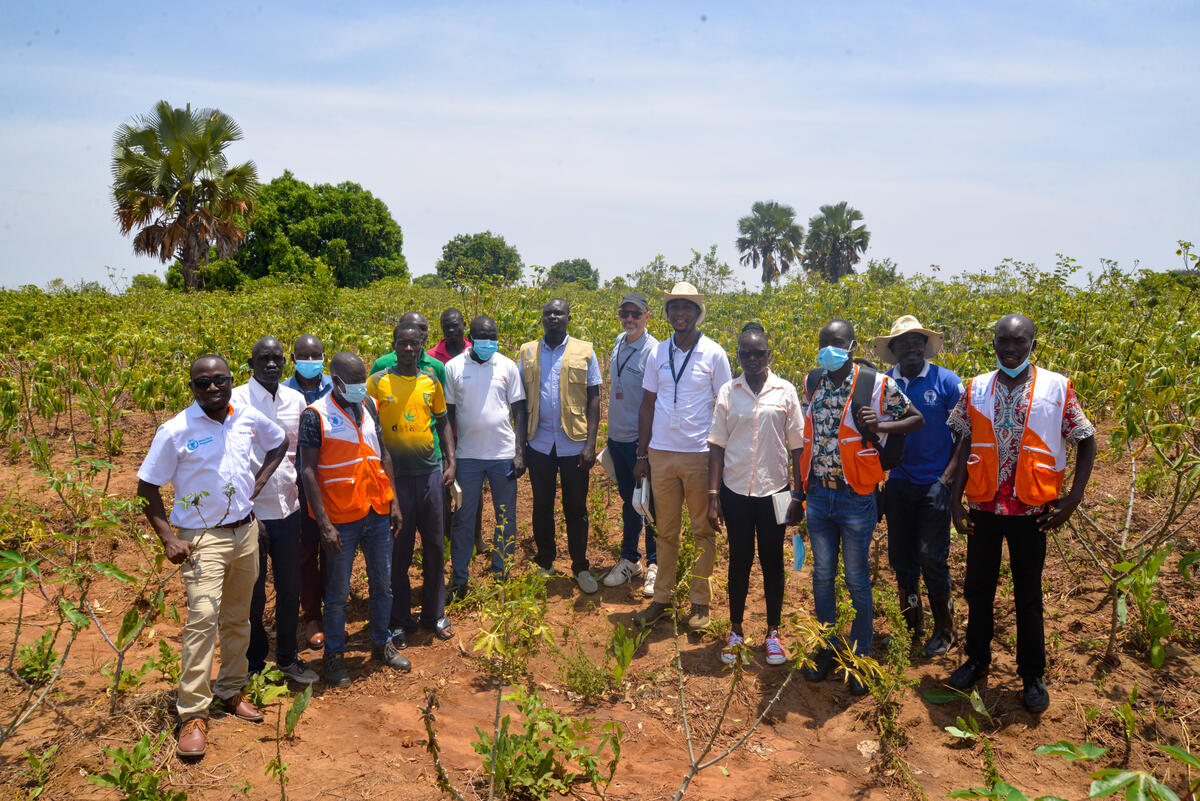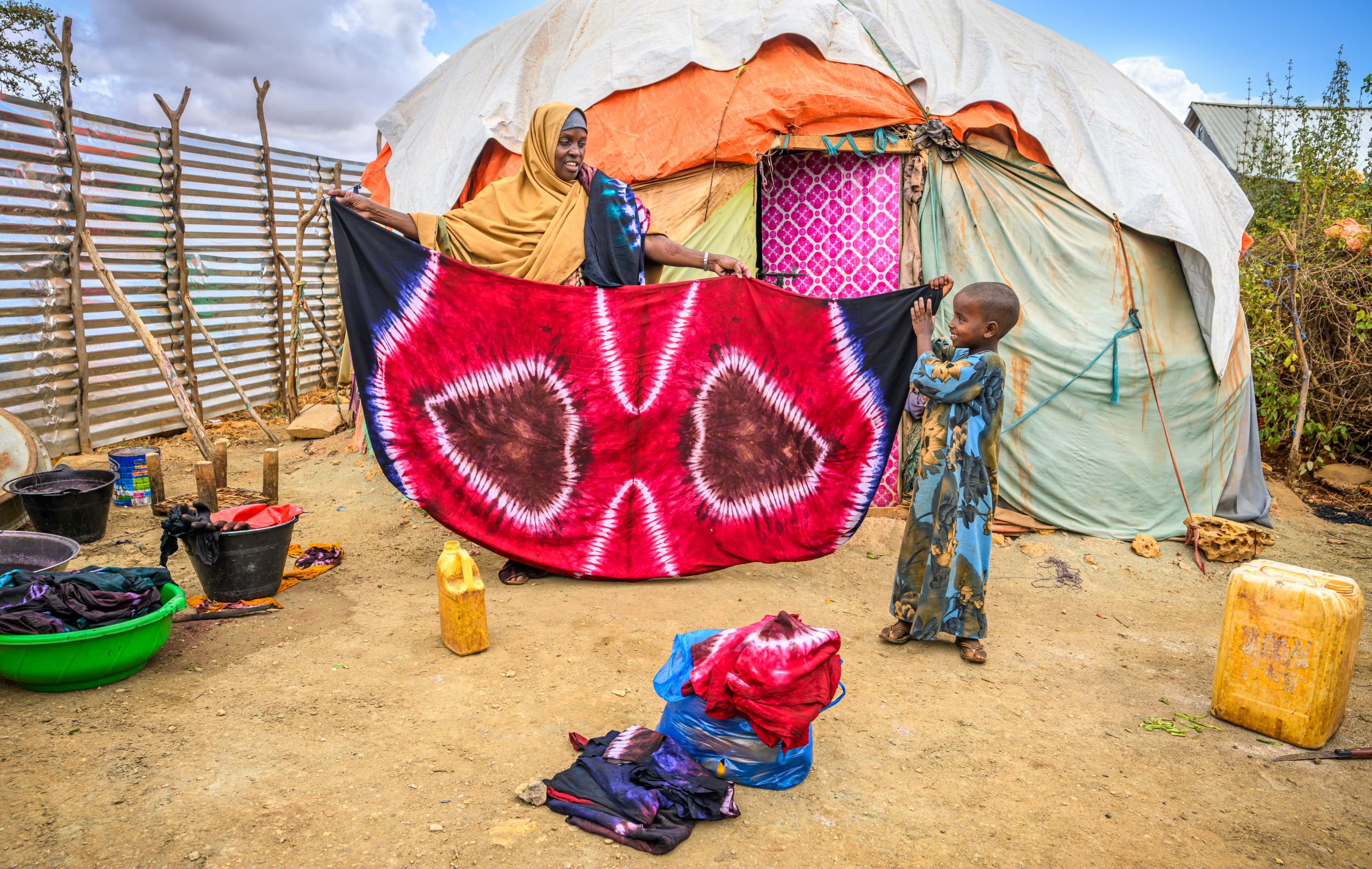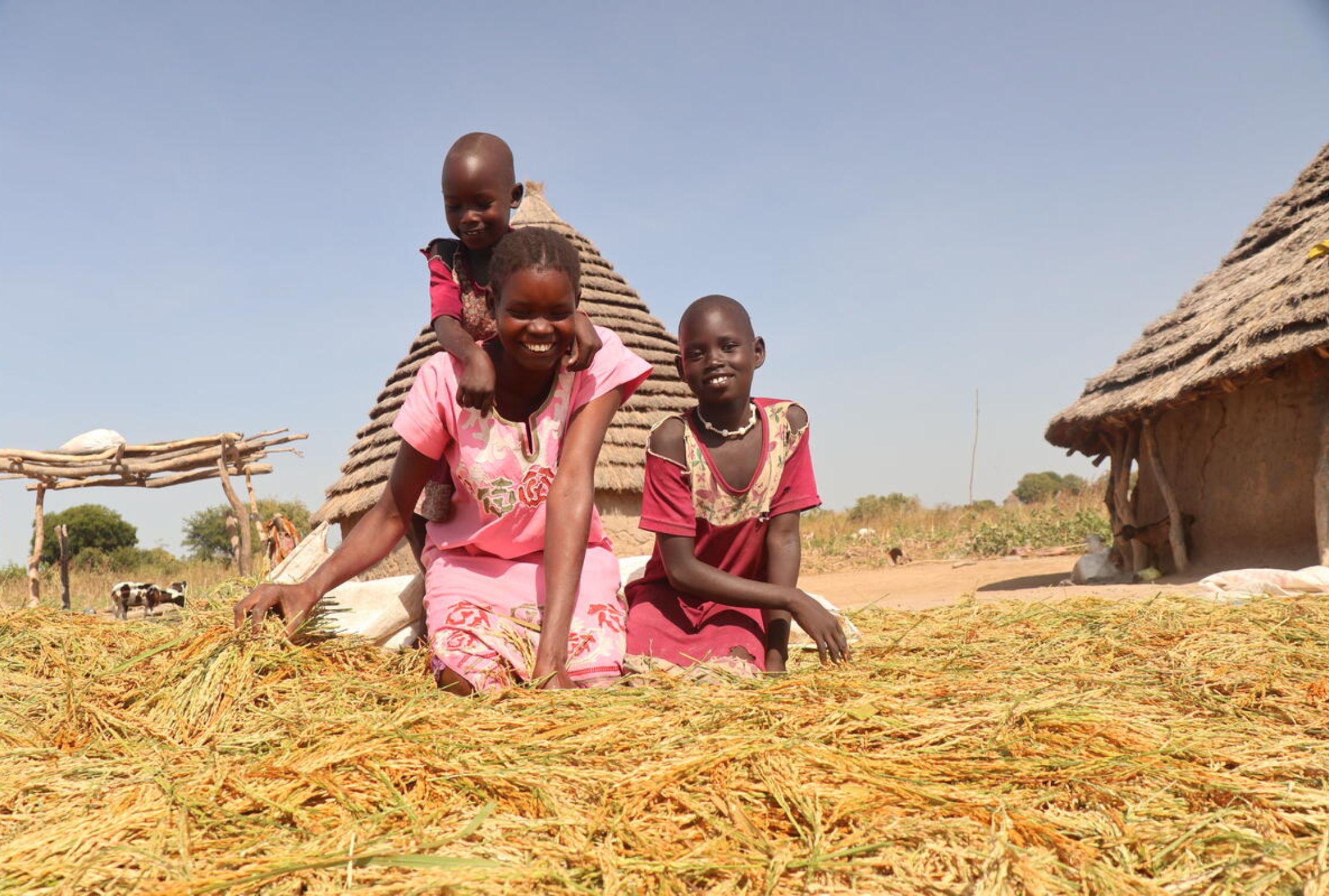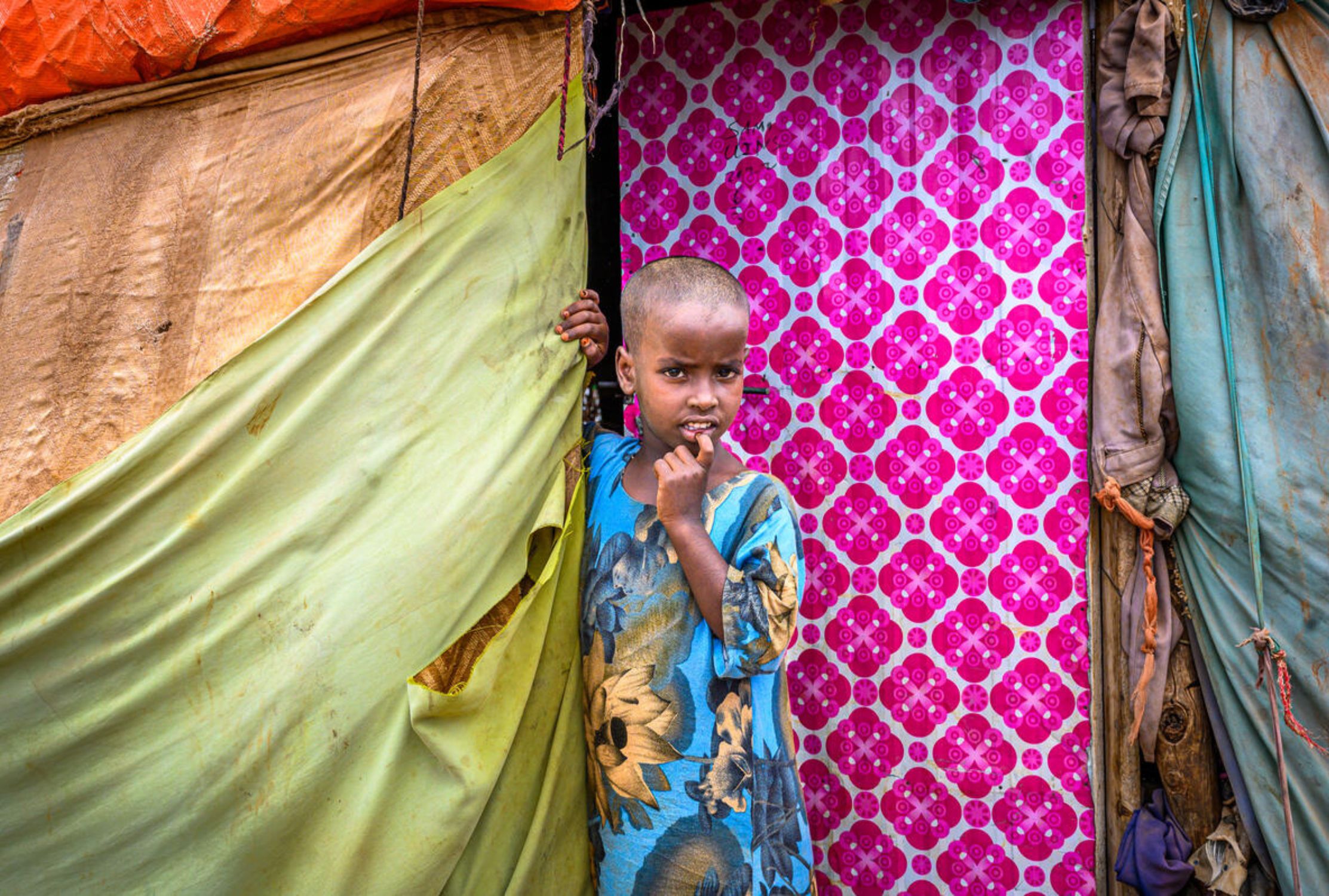Considering climate change on Earth Day 2024
We believe every child deserves to experience fullness of life. However, increasingly frequent natural disasters are impacting families' livelihoods and the availability of nutritious food.
Children are most vulnerable to the effects of climate change. According to UNICEF, 40 million children are having their education disrupted every year due to disasters linked to climate change. On top of that, droughts, floods, and extreme weather events can lead to crop failures, water scarcity, and food insecurity, resulting in child malnutrition and loss of family incomes.
As a children's charity, World Vision is working with communities to mitigate the risk of disaster and help families become more resilient to the effects of climate change. Learn more about Earth Day and how you can help children access life-saving essentials, even amidst climate-related emergencies.
READ MORE: How climate change affects children
When is Earth Day 2024?
Earth Day is on Monday 22 April 2024. This year's theme for Earth Day is Planet vs Plastics, with EarthDay.org demanding a 60% reduction of plastic production by 2040.
What is Earth Day?
Earth Day can be traced back to 1970 when EarthDay.org began mobilising millions of Americans on 22 April to protect the planet. And in 2019, the United Nations General Assembly recognised 22 April as International Mother Earth Day.
This day is an opportunity for us to think about our actions to protect the planet for future generations. Whether you recycle religiously, avoid plastics or plant trees, you’re probably trying to do your bit for our planet. Earth Day 2024 is an ideal moment to take stock and see how others – including World Vision – are making a difference.

